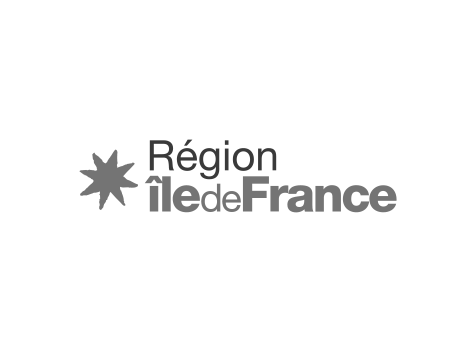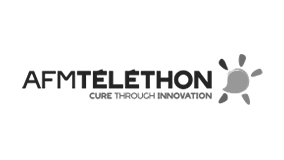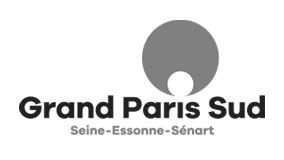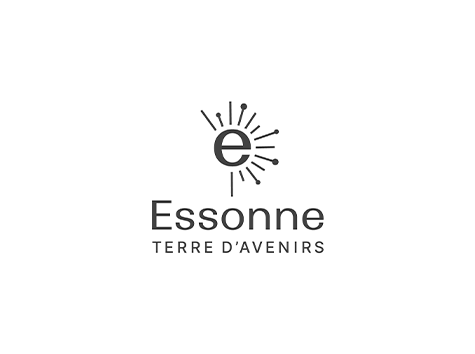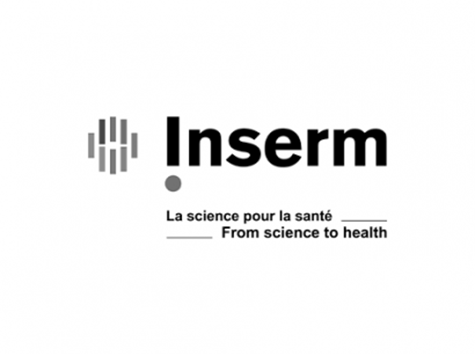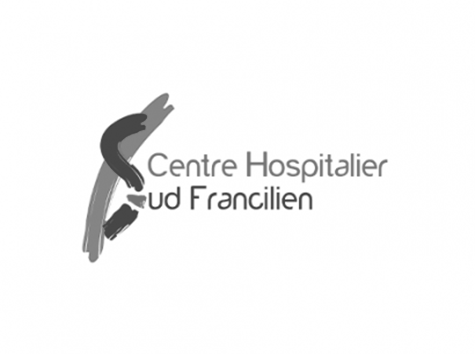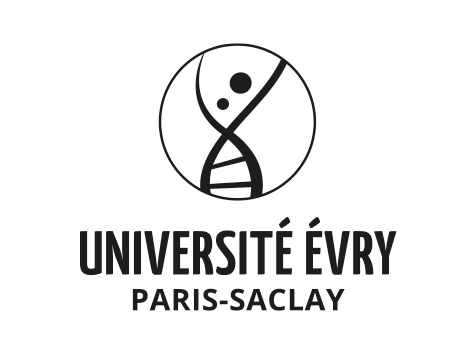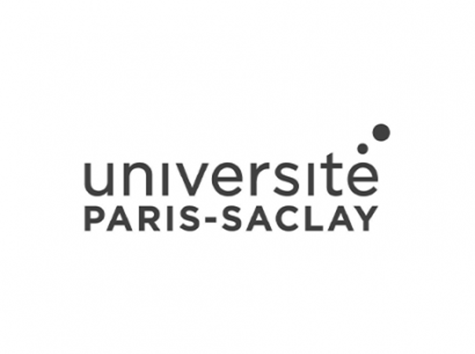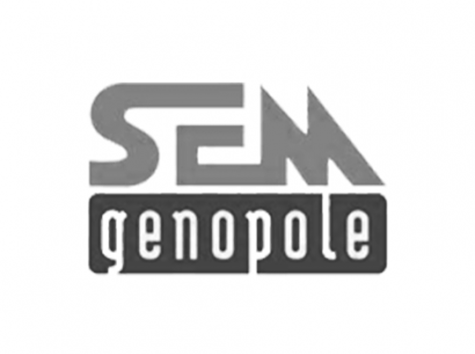
Green light from Europe for the Genopole-coordinated project GEN.ERA
The Genopole-coordinated European project GEN.ERA* has been selected by the European Commission. GEN.ERA seeks to harness inter-cluster cooperation for the internationalization of genomics companies beyond European borders.
14 February 2020
Read the article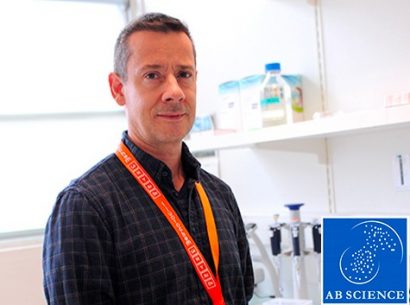
Multiple sclerosis and COVID-19: promising results from AB Science
AB Science has been announcing a series of positive results concerning the efficacy of its product, masitinib, in such pathologies as multiple sclerosis, severe asthma resistant to oral steroids, COVID-19 and amyotrophic lateral sclerosis.
24 September 2020
Read the article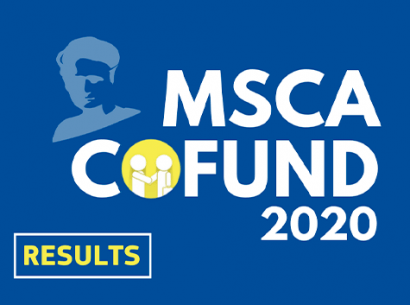
COFUND-MSCA2020 : ApogeeBio chosen by the EC
Submitted by Genopole and its on-site partners, the ApogeeBio project for research grants has been selected by the European Commission for Marie Skłodowska-Curie Actions co-funding (MSCA-Cofund-2020).
8 February 2021
Read the article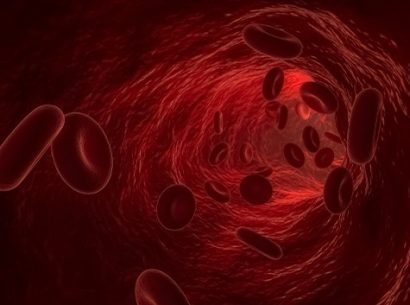
CRISPR-Cas9 for blood and metabolic diseases – Integrare
In an article published in Nature Communications, an Integrare team headed by Dr. Mario Amendola has described an innovative genome editing strategy aimed at modifying hematopoietic stem cells.
2 September 2020
Read the article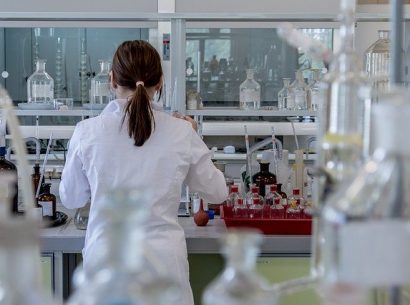
Toward the industrialization of gene therapies -Polytheragene
Polytheragene is developing a polymer that will improve upon the current market standards for the production of viral particles for therapeutics. The polymer will be used by Genethon and Yposkesi to enhance the bioproduction of gene therapy vectors.
26 March 2020
Read the article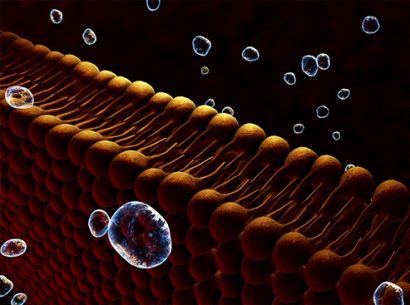
Mapping membrane nanotubes – Lambe
A team from the Genopole-accredited Laboratory for Analysis and Modeling in Biology and the Environment (Lambe) has developed an experimental technique to study cell membrane nanotubes. These largely unknown structures play an essential role in cellular biomolecule transport.
27 March 2020
Read the article
Bioinformatics and Tara Oceans
A team from the Genomics Metabolics Laboratory (Genoscope – CEA/CNRS/University of Évry) has developed a bioinformatics method for environmental genomics analyses able to identify species and associations of species.
8 September 2020
Read the article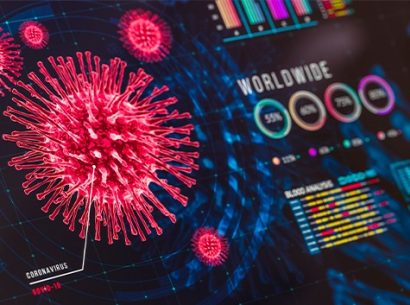
A single interactive map for all that is known on COVID-19
The objective for this latter is to build a sole referential comprising the totality of scientific knowledge on SARS-CoV-2/human-host interactions and thus contribute to the identification of therapeutic possibilities.
5 May 2020
Read the article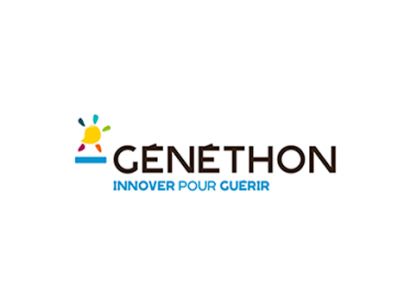
Treating more patients with gene therapies – Généthon
A Genethon team has successfully inhibited immune response to adeno-associated virus vectors, and in so doing, opened potential paths for treating more patients with gene therapies.
10 June 2020
Read the article
A nanopore to identify amino acids – Lambe
A team from the Laboratory for Analysis and Modeling in Biology and the Environment (Lambe – University of Évry/University of Cergy-Pontoise/CNRS) used a natural aerolysin nanopore to successfully identify 13 of the 20 amino acids that make up proteins.
20 February 2020
Read the article
Jean Weissenbach: a portrait
Jean Weissenbach, a pioneer in France for the exploration of the human genome and a scientific icon at Genopole, talks about his career in an interview published 18 March 2020 in CNRS News.
24 March 2020
Read the article
